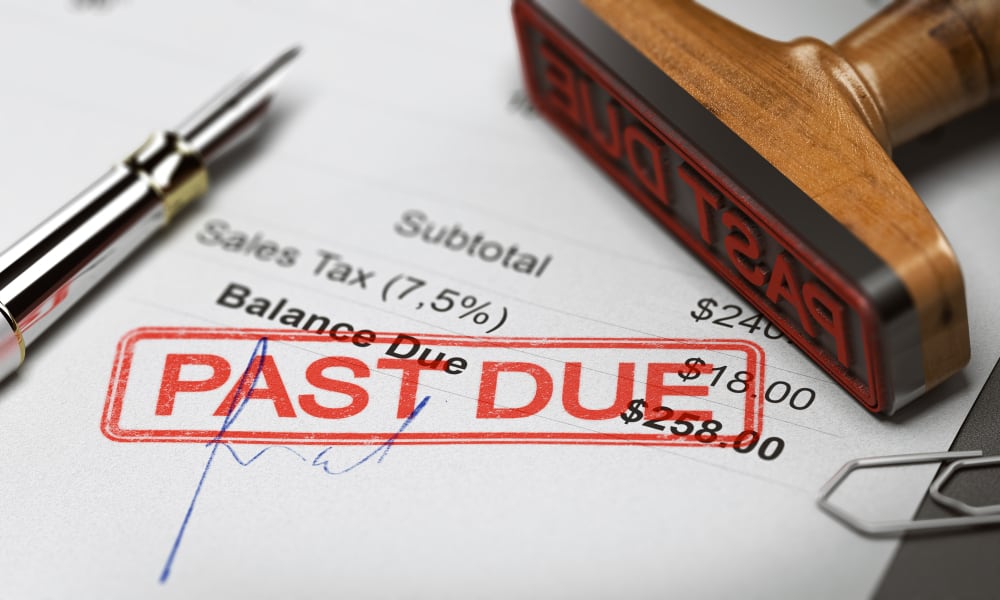Article Summary: The most important part of building and maintaining a healthy FICO score is to stay current on your mortgage, any auto loans, credit cards, or other personal debt you may have. Nevertheless, managing delinquencies is possible to minimize the damage of an occasional late payment. The following four considerations will help:
- Exceeding 60 days past due is treated differently than exceeding 30 days past due
- You FICO score will start improving the moment you bring your account(s) current
- The number of delinquent accounts matter
- Delinquencies typically fall off your personal credit report after seven years
Keep reading to learn more.
Although your personal credit score doesn’t represent your business creditworthiness, it will likely be part of how most small business lenders evaluate your business loan application. With that in mind, small business owners need to not only make sure they take actions to build a strong FICO score, they also need to be careful not to unintentionally do anything that will lower their score.
Here’s a little “inside baseball” that will help you avoid inadvertently doing something that will negatively impact your score.
Managing Delinquencies
Because so much of your FICO score is dependent upon how current you are with your debt obligations, it probably goes without saying that you need to keep on top of your mortgage, auto loans, credit cards, and other personal debt. However here are four things you should know that will help you better manage delinquencies and minimize the damage when you are delinquent.
Exceeding 60 days past due is treated differently than exceeding 30 days past due—If circumstances require you to miss a payment, don’t miss the second payment.
You FICO score will start improving the moment you bring your account(s) current—Don’t think that because you have a delinquent account you should throw in the towel or that it’s too late to save your credit score. Remember:
- The score is measuring “the time since last delinquency” in months, so bringing the account current quickly will start improving your score.
- Delinquencies impact your score less and less as time passes after you bring the account current; minor delinquencies don’t hurt you much after a couple of years.
- The number of delinquent accounts matter—If you can contain delinquency to one account, it will help minimize the damage to your FICO score.
- Delinquencies typically fall off your personal credit report after seven years—Nevertheless, charge-offs and certain types of bankruptcies can stay on for 10 years.
Of course the best case scenario is to avoid delinquencies all together, but that can sometimes be difficult. If you do have to make a late payment, hopefully this advice will help you manage the damage to your FICO score today, so it doesn’t severely impact your score down the road.
*This article has been prepared for informational purposes only, and is not intended to provide, and should not be relied on for health, tax, legal or accounting advice. You should consult your own health professionals or tax, legal and accounting advisors before implementing any business changes.



